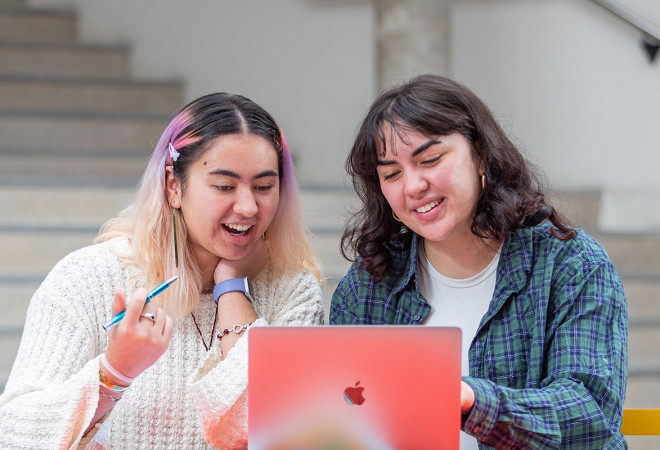
Digital Skills Framework
Status
Completed: 18 December 2023
Project Details
This discussion paper is the result of research conducted in early 2023 to scope a digital skills framework for Aotearoa New Zealand. The research explored what is currently taking place in this country, with some international examples.
Aims
The research addressed the questions:
- What is the definition of ‘digital literacy and skills’?
- What is the rationale for a digital literacy and skills framework in Aotearoa New Zealand?
- What international policies and frameworks exist, and what research and/or evaluation is available about these frameworks?
- What might a digital literacy framework for Aotearoa New Zealand need to include?
Methodology
Conducted as a desktop literature review towards the development of a digital skills framework that can be used to inform teaching, learning and assessment of adults’ digital skills in Aotearoa New Zealand.
Team

Dr Anne Alkema
Independent researcher
Key Findings
Digital skills are now considered essential skills, as much as literacy and numeracy are. They are also needed to fully participate in society (life, community, work), and for equity and inclusion. In 2022, a BNZ survey found that around 20 percent of the adult population in Aotearoa New Zealand did not have essential digital skills.
More education and training is required, along with a digital skills framework to guide the teaching, learning and assessment of adults’ digital skills.
It would support a coherent approach to the teaching and learning of digital skills, such as that provided by the ‘Learning Progressions for Adult Literacy and Numeracy’.
Key Recommendations
With considerable work already undertaken overseas and in Aotearoa New Zealand, the development of a digital skills framework would not start from a blank slate. The research identified four options:
- Integrate with the adult learning progressions.
- Develop an essential skills framework.
- Develop a standalone digital skills framework.
- Work with potential partners to further develop the digital inclusion outcomes framework.
The researcher identified benefits and drawbacks to each option and recommends a collaborative approach for further discussions with the sector and government agencies to determine a feasible, practical and manageable way forward.
This study explores digital skills in Aotearoa New Zealand by examining existing frameworks and international policies, aiming to define digital literacy, justify the need for a framework, and propose key components for a tailored approach.
- 18 December 2023